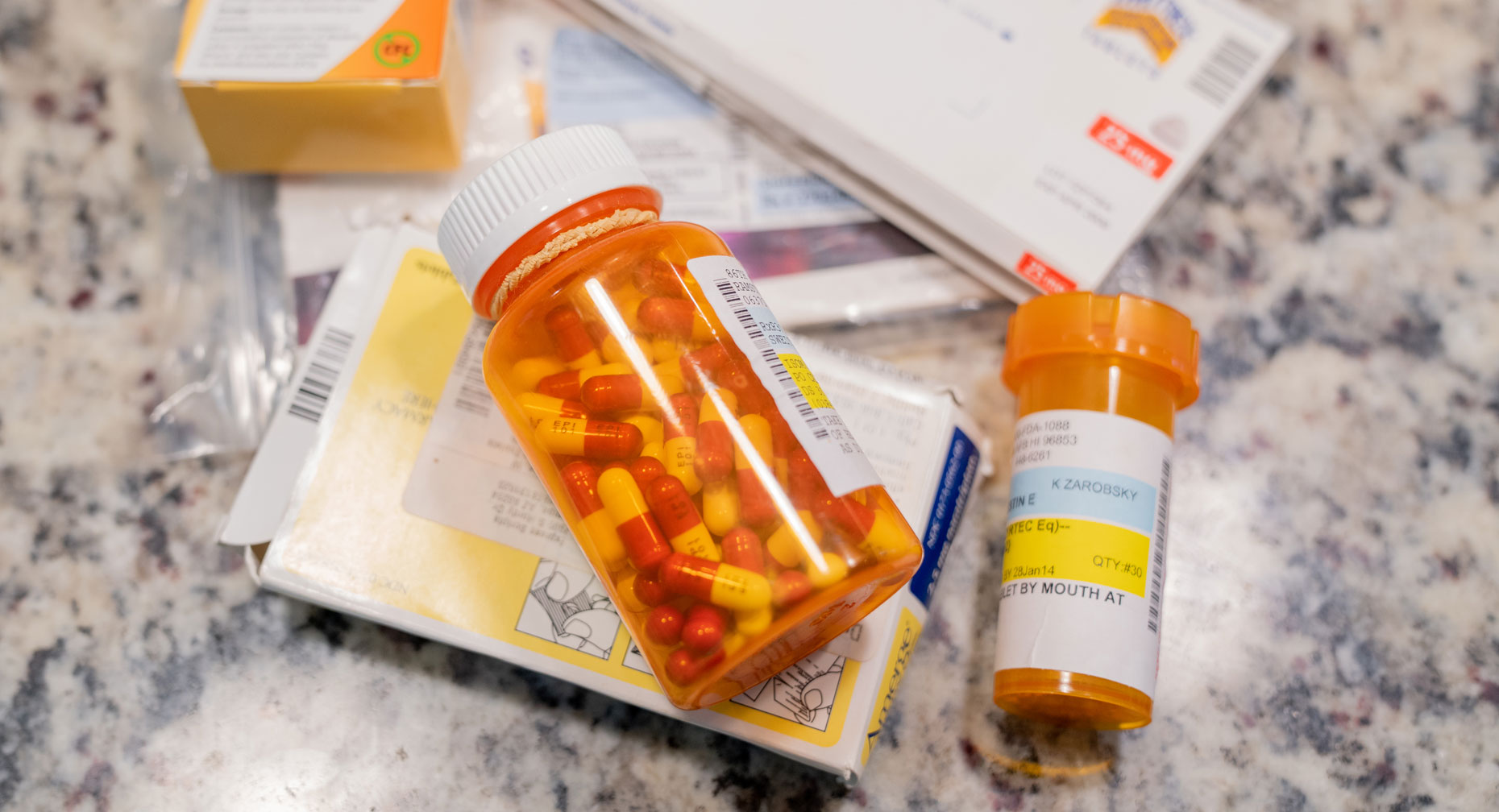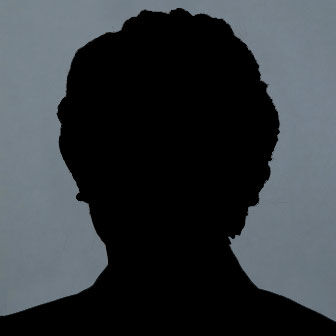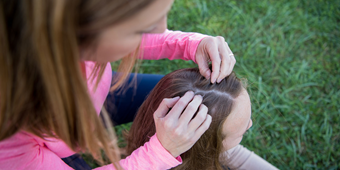Expired Medicine: Why and How to Pitch It

Find Your Perfect Match
Answer a few questions and we'll provide you with a list of primary care providers that best fit your needs.
Is the expiration date on your medicine container just a suggestion? Or should you really pay attention to it?
Jennifer Romaker, nurse practitioner, certified (NP-C), of Fairfield Road Physician Offices, advises that you take expiration dates seriously and properly dispose of expired prescription and over-the-counter drugs (see below).
The chemical compounds of medications break down as they age. This makes them less effective, Romaker explains. For example, if you take an expired antibiotic, which doesn’t work as well as intended, “you could come back with another infection, or the infection may never go away and become worse and turn into a superinfection where you end up in the hospital needing IV antibiotics,” she says.
She adds, “If you're taking expired blood pressure medication, and it's not working and your blood pressure goes up, you're risking a stroke, a heart attack,” or other serious health complications.
“There's just too much of a risk with the changes in the chemical compounds. We don't necessarily always know how everybody is going to react to that, and that could put somebody in a dangerous situation.”
While the consequences may not be as serious, over-the-counter medications also lose their effectiveness after the expiration date and should be disposed of.
The best strategy for expired medications, she says, is to get rid of them. “It is not safe to have extra medications lying around,” Romacker warns. “You never know who's going to come in the house. Little kids find everything. The less you have, the better and the safer it is for everyone.”
The chemical compounds of medications break down as they age. This makes them less effective.
How to Dispose of Expired/Unused Medicine
When you follow approved ways of ridding your house of expired and no longer needed medicine, you reduce the risk of potentially dangerous drugs getting in the hands of someone who may accidentally take or intentionally misuse or abuse them.
If a medicine comes with disposal instructions, follow them. Otherwise, follow these guidelines:
Take-Back Programs

Medicine take-back, drop-off or collection programs are the preferred method for disposing of expired or no-longer-needed medications. They are offered as one-time events or established collection sites.
The U.S. Drug Enforcement Administration (DEA) and local law enforcement agencies often provide one-time take-back events.
Permanent collection sites often can be found at retail pharmacies, health care facilities and law enforcement agencies. Premier Health provides five secure drug collection sites in Southwest Ohio.
And you can search for secure medicine collection locations near you at:
Household Trash Disposal
If no drug take-back programs are available near you, your next best option is disposing of expired or unused medicine in your household trash. If you do this, follow these instructions:
- Remove the drugs from their original containers.
- Mix them with an unpalatable substance, such as cat litter, dirt or used coffee grounds – and don’t crush the pills.
- olace this mixture in a sealable bag or a disposable container with a lid.
- Before throwing out the original containers, conceal or remove all identifying information – covering it with permanent marker or duct tape, or scratching it off.
- Throw the empty drug containers and the sealed container with the drug mixture in the trash.
Flush? Only When Instructed
In most cases, don’t flush medicine down a toilet or sink. “You should not do that, unless the medication specifies to be flushed down the toilet (on the label or accompanying instructions),” Romaker says. Flushing medicine can contaminate the environment.
However, a few medicines have specific instructions to immediately flush them when no longer needed and a take-back program is not available near you. These medicines, especially opioids, can be especially harmful – even fatal – when they are used by someone other than the person they were prescribed for.
What If You Take Expired Medicine?
If you discover that you’ve been using expired medicine, Romaker advises telling your health care provider. “We need to see you, re-evaluate you and see what's going on to see if there is anything further that we should do.”
Find Your Perfect Match
Answer a few questions and we'll provide you with a list of primary care providers that best fit your needs.
Source: Jennifer Romaker, NP-C, Fairfield Road Physician Offices; U.S. Food and Drug Administration; Environmental Protection Agency





